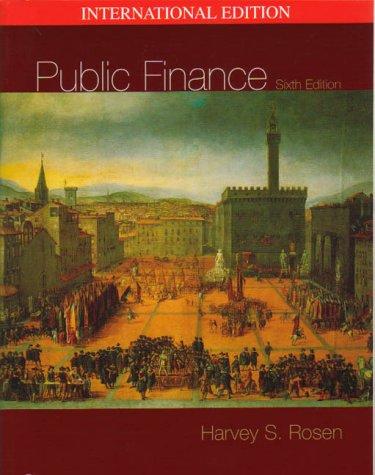Answered step by step
Verified Expert Solution
Question
1 Approved Answer
Pacific Groove Spice Company 3. Should Pacific acquire High country seasonings- a privately owned spice company with sales revenue approximately 22% of Pacific's? racific Grove
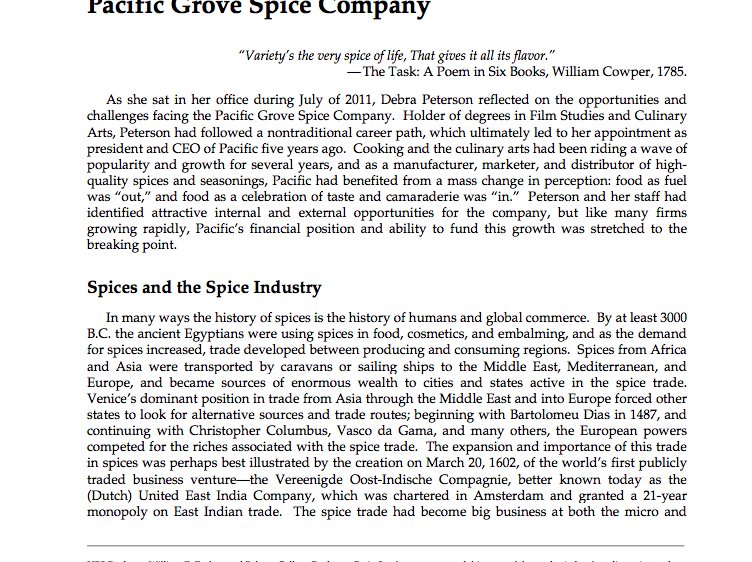 Pacific
Pacific 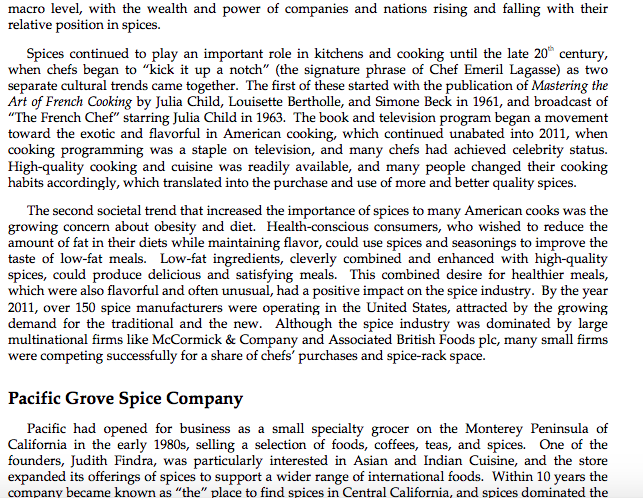
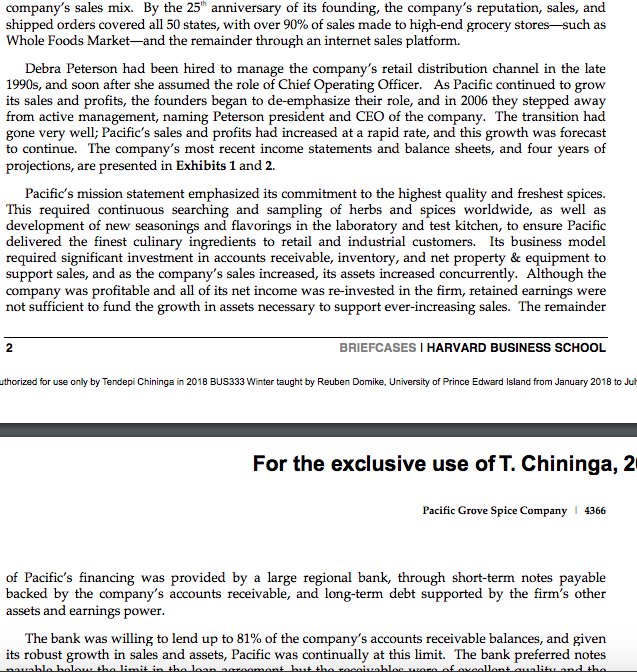
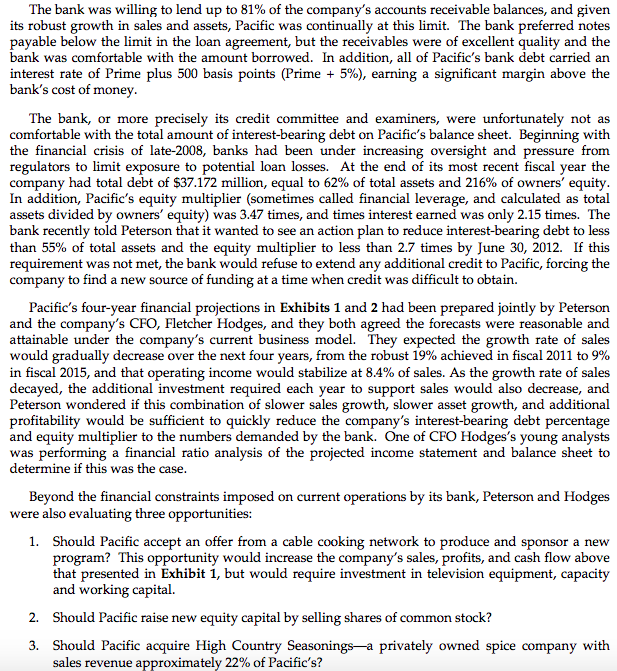 Groove Spice Company
Groove Spice Company
3. Should Pacific acquire High country seasonings- a privately owned spice company with sales revenue approximately 22% of Pacific's?
racific Grove Spice Company "Variety's the very spice of life, That gives it all its flavor -The Task: A Poem in Six Books, William Cowper, 1785. As she sat in her office during July of 2011, Debra Peterson reflected on the opportunities and challenges facing the Pacific Grove Spice Company. Holder of degrees in Film Studies and Culinary Arts, Peterson had followed a nontraditional career path, which ultimately led to her appointment as president and CEO of Pacific five years ago. Cooking and the culinary arts had been riding a wave of popularity and growth for several years, and as a manufacturer, marketer, and distributor of high- quality spices and seasonings, Pacific had benefited from a mass change in perception: food as fuel was "out," and food as a celebration of taste and camaraderie was "in." Peterson and her staff had identified attractive internal and external opportunities for the company, but like many firms growing rapidly, Pacific's financial position and ability to fund this growth was stretched to the breaking point. Spices and the Spice Industry In many ways the history of spices is the history of humans and global commerce. By at least 3000 B.C. the ancient Egyptians were using spices in food, cosmetics, and embalming, and as the demand for spices increased, trade developed between producing and consuming regions. Spices from Africa and Asia were transported by caravans or sailing ships to the Middle East, Mediterranean, and Europe, and became sources of enormous wealth to cities and states active in the spice trade. Venice's dominant position in trade from Asia through the Middle East and into Europe forced other states to look for alternative sources and trade routes; beginning with Bartolomeu Dias in 1487, and continuing with Christopher Columbus, Vasco da Gama, and many others, the European powers competed for the riches associated with the spice trade. The expansion and importance of this trade in spices was perhaps best illustrated by the creation on March 20, 1602, of the world's first publicly traded business venture-the Ver (Dutch) United East India Company, which was chartered in Amsterdam and granted a 21-year monopoly on East Indian trade. The spice trade had become big business at both the micro andStep by Step Solution
There are 3 Steps involved in it
Step: 1

Get Instant Access to Expert-Tailored Solutions
See step-by-step solutions with expert insights and AI powered tools for academic success
Step: 2

Step: 3

Ace Your Homework with AI
Get the answers you need in no time with our AI-driven, step-by-step assistance
Get Started


